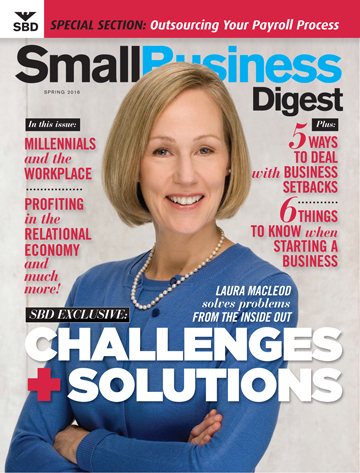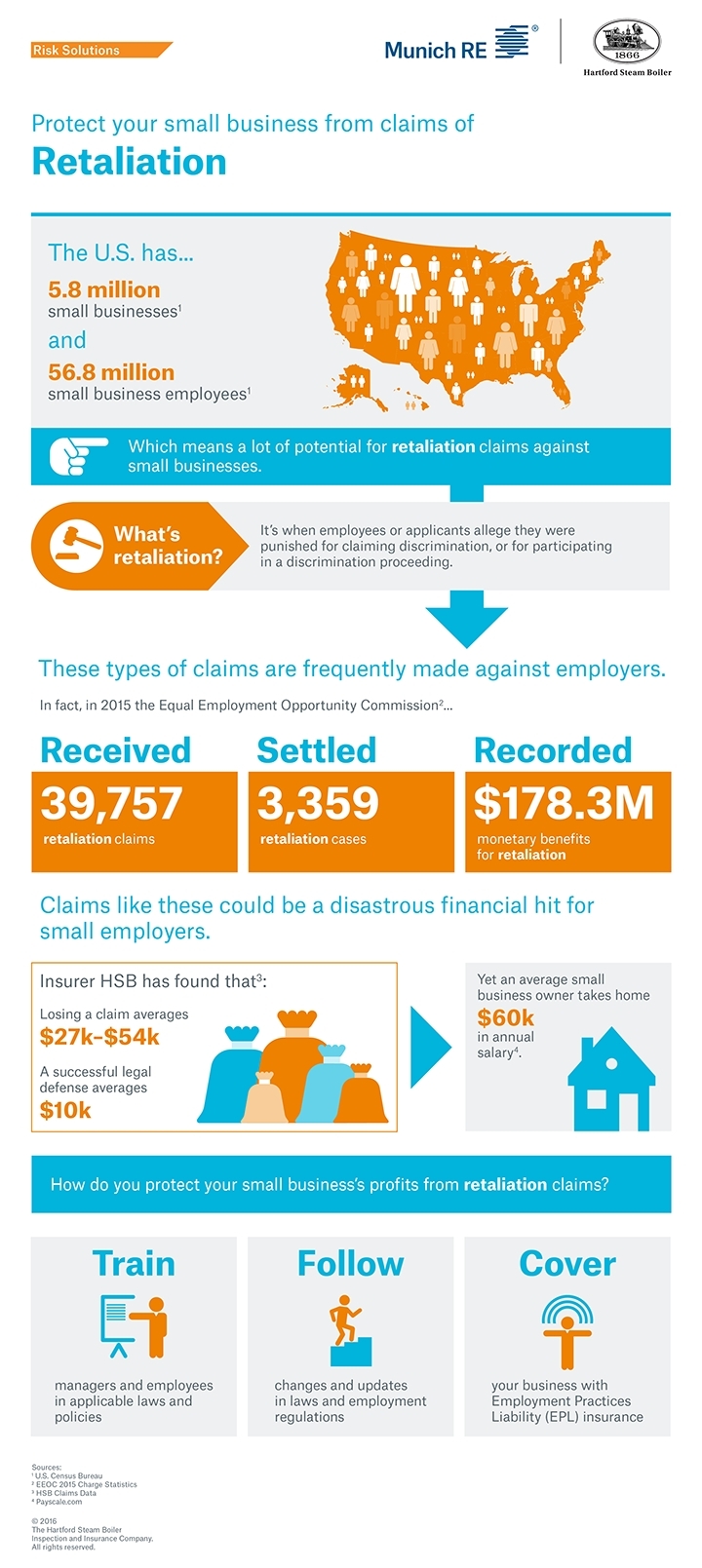Google Indexing Needs To Be Addressed By Small Businesses
.jpg) Googling is not searching the web but rather an index created by that company.
Googling is not searching the web but rather an index created by that company.
For a business owner, especially one that counts on the internet for their business this small nuance is important to keep in mind.
Especially, now that Google is switching to a mobile first index.
Chad Crowe, Partner, Techwood Consulting offers this primer on what indexing means to a small business leader.
What is Indexing? Indexing is the process that Google goes through to understand what information is on the web. Google sends out crawlers that travel the web through links. These crawlers make a record in a database of every page that it crawls and associate several data points with that page. This database is stored in server farms all over the world. Then, when a user actually types something in to the Google search box, Google looks through these databases to find the right results for that search. Think of Googles index as the world’s largest spreadsheet.
Why is Google Moving to a Mobile-first Index? When the mobile internet became a thing, the web changed in several ways. For one, the experience changed. Obviously, content on a mobile device and on a desktop is displayed completely different and if this is not taken into consideration the user can have a bad experience. As webmasters started to notice this, the content actually started to change and we started to see different content on webpages dependent on what type of device the user was on. This posed a huge issue for Google and so they started index mobile sites and desktop sites separately. This enabled Google to serve the best experience for the best platform. Up until recently Google’s default index for judging the quality of your site was the desktop version. However, if you have checked your analytics lately you might have noticed that more people are surfing the web on mobile devices these days then desktops. So, Google has decided to make a change and now use the mobile index as the first source for finding answers to search queries.
What Can Small Business Owners do to be Ready for Mobile-first Indexing? The best thing small business owners can do to prepare for mobile-first indexing is to make the move to mobile. Google won’t penalize your website for having a full desktop version and a lean mobile site, but it’s a good idea to use this transition period to make some changes to your website.
If you have separate desktop and mobile sites, you should make sure they both serve enough content to give enough signals to help Google fully understand your site. All content should be fully crawable by Google’s bots.
If there is no mobile version of your site, Google will still crawl and index the desktop version. But know that means that you are already settling for second place. So, be sure to check your images, videos, and text to make sure content can be crawled and is not slowing down page speed.
Having a fully responsive and mobile friendly site is the best move. A mobile friendly site will look good to consumers and load fast on their smartphones. Be sure to focus on user experience, navigation, and page speed to stay visible to consumers in mobile search.
Chad Crowe joined Techwood Consulting in 2016 through a merger and manages Techwood’s implementation and account management operations. He holds a bachelor degree from Reinhardt University and a Master’s Degree from Troy University in Communications. Over the years, Chad has managed over $25 million dollars in paid search advertising.




